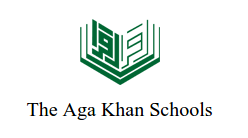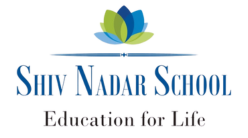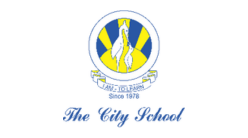About
This exhibition invites visitors to step into the lives of Partition survivors, offering a glimpse into the displacement and forced migration of people to India, Pakistan, and later the UK, as it unfolded in and around 1947.
Aimed at engaging young people with the challenging history of the Partition, the project actively involved youth in its development. Young South Asians from India and Scotland contributed to every aspect—research, web development, sound design, and animation—making the process as collaborative as it was educational. School students from India, Pakistan, and Bangladesh conducted oral history interviews with Partition survivors in their communities. These interviews form the foundation for four distinct narratives and part of the digital archive that ReReeti is building to help students and teachers understand Partition through a different lens.
This project is a partnership between ReReeti Foundation, Glasgow Life Museums, and the British Council.
Why Partition?
The Partition of 1947 refers to the division of the Indian subcontinent under British rule into India, a secular but Hindu-majority state, and Pakistan, a Muslim state. This event marked the end of nearly 200 years of British colonialism and triggered the largest mass migration in human history.
Rooted in curatorial experimentation, this exhibition focusses on the human side of Partition. It amplifies the voices and experiences of ordinary people, shedding light on the collective suffering they endured. Over the past two decades, scholars and practitioners have worked to shift the lens through which Partition is viewed—retelling it through the eyes of witnesses and reclaiming agency in narrating the chaos inflicted on everyday lives.
Despite these efforts, Partition’s history often remains confined to classrooms, presented through nationalist narratives. This exhibition aims to change that by merging the (trans)national with the personal, offering a more holistic perspective on a history that continues to shape South Asian identity.
This exhibition is an attempt to bring about a pedagogical shift in the study of Partition in schools. It merges the (trans)national with the personal, to generate a holistic perspective towards a history that continues to define South Asian identity.
Note: While the characters are fictionalised, the stories are grounded in rigorous historical research and real-life accounts shared by South Asian youth to authentically reflect the lived experiences of Partition.
Testimonials
Team












Special thanks to Tiggy Allen and Garima Sharma for their support in the project's initial stages, Shalaka Redkar for handling administrative tasks, Shahana Khaliq-Lyon at Glasgow Life Museums for managing the Glasgow interns, and Juliet Dean at the British Council for making this project possible.
| On-going Support
Dr. Aditya Sondhi
| Pioneering Support
Mr. Frank Coelho
Dr. Lakshman
Dr. Rajesh Mukund Soni
Dr. Aditya Sondhi
Mr. Sajju Jain
Mr. Harish Jagtiani
Partners




Schools




Sponsors


Global Spotlight
Shortlisted for the Best in Digital (International) category at the Museum and Heritage Awards. From iconic institutions like The Met in New York City to a volunteer-led museum in the Scottish Highlands, these awards celebrate inspiring practices across the globe. Discover more here.


